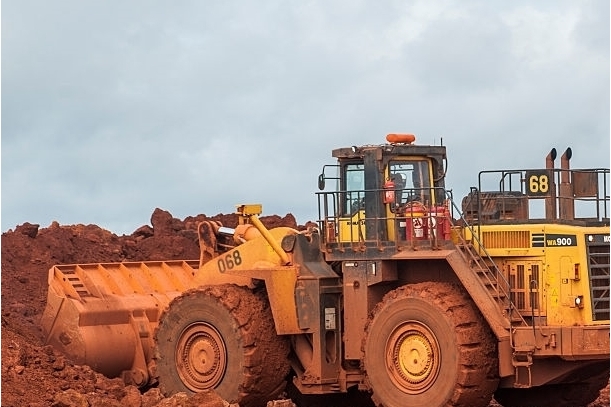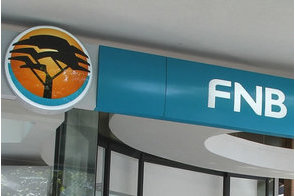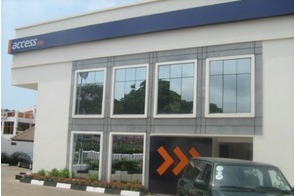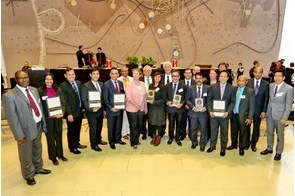IFC invests $200 million to boost bauxite mining in Guinea

Summary
With the Sangaredi mine expansion, CBG is expected to contribute $150 million to the government treasury each year and sustain 2,300 permanent jobs and an additional 2,900 contractors.
International Finance Corporation (IFC), the arm of World Bank that lends to the private sector, has provided a $200 million debt financing package for Compagnie des Bauxites de Guinée (CBG), the largest bauxite mining company in Guinea.
The IFC said its investment will help CBG expand the Sangaredi bauxite mine, which has some of the world’s largest reserves of high quality bauxite – the primary ore in aluminum used in industries such as aerospace, packaging, and car manufacturing.
Guinea, which was hit hard by the Ebola epidemic, has about 28 percent of global reserves of bauxite.
With the Sangaredi mine expansion, CBG is expected to contribute $150 million to the government treasury each year and sustain 2,300 permanent jobs and an additional 2,900 contractors.
The IFC said its financing will also help fund improvements to the Kamsar-Sangaredi rail corridor, which will raise capacity from the current 15 million metric tons per year to about 42 million metric tons per year by the mid-2020s when other potential bauxite projects come on stream.
"Guinea has been working toward improving conditions to attract investment on a much larger scale,” said Philippe Le Houérou, IFC’s Executive Vice President and CEO. “The Sangaredi mine expansion and investments in the Kamsar-Sangaredi rail corridor provides an important opportunity to sustain employment for more than 5,000 staff and contractors while promoting high environmental and social standards. We look forward to working in partnership with CBG and the Government of Guinea to develop the bauxite industry.”
The CBG is 51 percent owned by Halco, a consortium of three major companies in the alumina and aluminum business: Alcoa, Rio Tinto, and Dadco. The remaining 49 percent of CBG is owned by the Government of Guinea. CBG is already a major contributor to Guinea’s economy, contributing more than 50 percent of national mining revenues and 4 percent of gross domestic product, according to the IFC.
The financing package, which represents the largest foreign investment in Guinea in recent years, includes $135 million from the IFC’s own account and a $65 million loan from IFC’s Managed Co-Lending Portfolio Program. The debt financing has a tenor of 15 years – which is triple the typical debt tenor for the private sector in Guinea.
In addition to its investment in CBG, the IFC said it has also invested in a new hotel in Conakry, Guinea’s capital city. The Washington-based multilateral institution said it is also working to improve the operational performance of the country’s power distribution company, Electricite de Guinée.
Related
-
Finnfund grants $10 million loan to FNB Ghana to boost mortgage financing
The Finnish DFI said about half of its total investments and commitments of €957 million is in Africa.
-
Liberian SME sector gets a boost from Access Bank and AfDB partnership
The Ebola crisis has exacerbated challenges in the Liberian MSMEs sector.
-
Making sustainable finance sustainable
Banks should concern themselves with what is equitable to society and the environment while trying to make profit.









